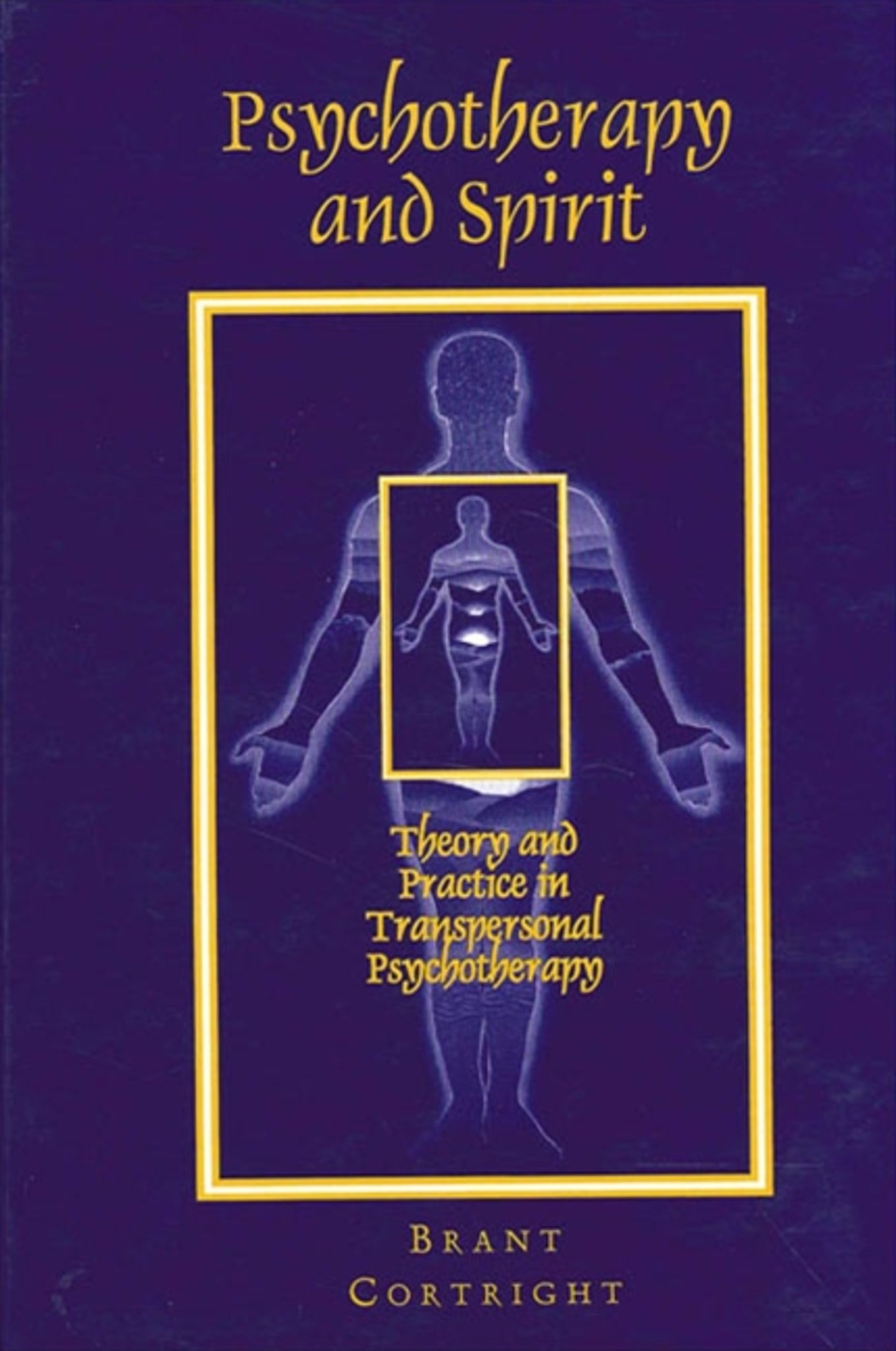We're sorry. An error has occurred
Please cancel or retry.
Psychotherapy and Spirit

Some error occured while loading the Quick View. Please close the Quick View and try reloading the page.
Couldn't load pickup availability
- Format:
-
17 July 1997

The first concise overview of transpersonal psychotherapy.
This volume brings together the major developments in the field of transpersonal psychotherapy. It articulates the unifying theoretical framework and explores the centrality of consciousness for both theory and practice. It reviews the major transpersonal models of psychotherapy, including Wilber, Jung, Washburn, Grof, Ali, and existential, psychoanalytic,and body-centered approaches, and assesses the strengths and limitations of each. The book also examines the key clinical issues in the field. It concludes by synthesizing some of the overarching principles of transpersonal psychotherapy as they apply to actual clinical work.


"The field of transpersonal psychotherapy is growing rapidly and needs a competent overview and assessment of perspectives. Psychotherapy and Spirit meets this need. My guess is that it will be widely consulted not only by transpersonal psychotherapists but also by psychotherapists of other orientations who are open to the spiritual dimension of the psychotherapeutic process." —Michael Washburn, author of The Ego and the Dynamic Ground, Transpersonal Psychology in Psychoanalytic Perspective
"Cortright brings together the disparate elements of transpersonal psychology in a way that is unique and profound. I know of no other work that so compellingly summarizes the progress and controversies within this groundbreaking discipline." — John E. Nelson, M.D., author of Healing the Split: Integrating Spirit Into Our Understanding of the Mentally Ill
"This material is central in the training of transpersonal therapists and in the continuing education of more traditionally oriented psychotherapists. Clearly the author's convictions and experience inspire the book, and it will resonate with other clinicians attempting to do transpersonal therapy." — Arlene Mazak, Institute of Transpersonal Psychology
Acknowledgments
Introduction
Part 1: Transpersonal Theory
1. Basic Assumptions
Defining Transpersonal Psychology
Defininf Transpersonal Psycholtherapy: Theory and Practice
Theory
Basic Assumptions
Practice
Challenges for Transpersonal Psychotherapy
2. The Psycho-Spiritual Framework
The Spiritual Dimension
The Psychological Dimension
The Integrating Transpersonal Framework
Transpersonal Models of Transformation
Some Historical Prejudices
Conclusion
3. Consciousness
The Methodology of Consciousness
The Therapeutic Power of Being With What Is
The Therapist's Consciousness
Part 2: Specific Approaches
4. Approaches to Transpersonal Psychotherapy
Ken Wilbur's Spectrum Model
Carl Jung's Analytical Psychology and Michael Washburn's Recent Innovations
Hameed Ali's Diamond Approach
Roberto Assagioli's Psychosynthesis
Stanislav Grof's Holotropic Model
Existential Transpersonal Psychotherapy
Transpersonal Psychoanalytic Psychotherapy
Body-Centered Transpersonal Approches
Conclusion
Part 3: Clinical Issues
5. Meditation and Psychotherapy
Spirit Paths—Impersonal Divine
Soul Paths—Personal Drive
Practices Shared by Spirit and Soul Paths
Conclusions and Discussion
6. Spiritual Emergency
A New View of Spiritual Experience
Spiritual Emergence Versus Spiritual Emergency
Forms of Spiritual Emergency
Differential Diagnosis
Treatment
Implications of Spiritual Emergency
7. Altered States of Consciousness
Effects of Psychedelic Drugs
Models of Working Therapeutically
Effects of the Feeling Enhancers
Working Therapeutically
Guidelines for Use
Limitations of Altered State Work
Implications
8. Selected Topics in Transpersonal Psychotherapy
Birth and Death
Spiritual By-passing
Addiction and Recovery
Clinical and Ethical Dilemmas
Part 4: Conclusion
9. Principles of Transpersonal Practice
Principles
Conclusion
References
Index



